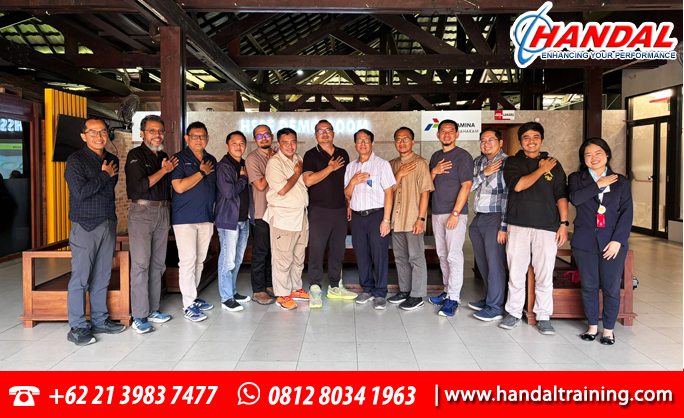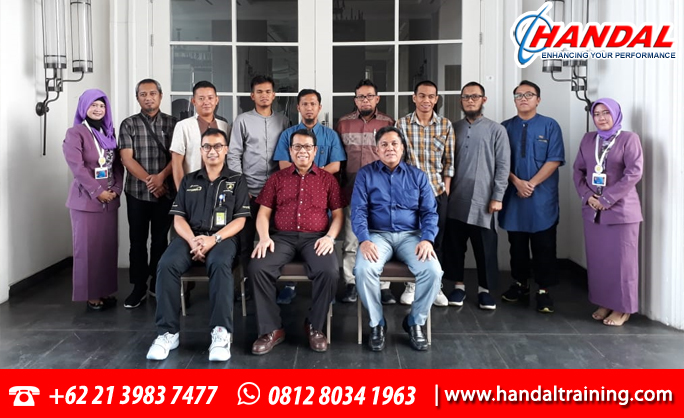
- Safety & Risk Assessment
Process Safety Management (PSM) Training
BACKGROUND
A PSM (process safety management) is a part of safety management and engineering system. The Process safety management system is introduced the first time as a regulation promulgated by the United States of America Occupational Safety and Health Administration (OSHA). This process is any activity or combination of activities including any use, storage, manufacturing, handling or the on-site movement of highly hazardous chemicals (HHCs) as defined by OSHA and the Environmental Protection Agency (EPA). The PSM system aims to ensure that technology facilities such as chemical plants, refineries, gas processing plants and offshore drilling platforms and so high-risk industries have access to safe design and operation. This system is focused on prevention of major technological accidents such as: fire, explosion and leakage of toxic chemicals. They also is a management control process that includes plans, procedures, audit and evaluation for handling hazardous substances, these controls will contribute to help for identify, understand and control process hazards.
The process safety management system program could be divided into 14 elements. The OSHA 1910.119 formalize all 14 elements of the process safety management system plan. There are; Process Safety Information, Process Hazard Analysis , Operating Procedures, Training, Contractors , Mechanical Integrity, Hot Work, Management of Change, Incident Investigation, Compliance Audits. All of those elements mentioned above are interlinked and interdependent. There is a enormous dependence of the numerous elements of PSM. The whole elements are complementary and are fundamental to make up the entire PSM system. Each element either gives information to other elements for the achievement or appropriate information from other elements in order to be concluded.
In term of Process Safety Information, the information pertaining to the hazards of the highly hazardous chemicals in the process should consist of at least the following; Toxicity information, Permissible, exposure limit, Physical data, Reactivity data, Corrosivity data, Thermal and chemical stability data, Hazardous effects of inadvertent mixing of different materials that could foreseeably occur.
The PSM (Process Safety Management) training is not provided for management and the employees and contractors under workers management procedures, this is an executive tools for everyone involved that is a part of HSE training series. All stakeholders such as; managers, employees and contractors workers are responsible for the successful implementation the PSM. This system is started early in design stage, but they continuously improvement as well as technology changes.
TRAINING OBJECTIVES
On Successful completion of this PSM (Process Safety Management) training program the participant will be able to:
- Learn the core concepts of fundamental Process Safety Management system & application in industry
- Understand how to modify & improve the existing Process Safety Management system without avoid the safety and business aspects
- Learn how implement the tools of cost effective system as a basic to control production program
- Have a detailed knowledge of the optimization of safety practices, in order to maximize facility and minimize risk with identify, understand and control process hazards.
WHO SHOULD ATTEND
- Safety Manager/Superintendent/Engineer/Planner/Supervisor
- Project, Maintenance Engineer
- Process & Manufacturing/Engineer
- Production Planner/Engineer/PPIC/Operation Engineer
- Professionals.
TRAINING PSM CONTENT
- Scale of Contractor Use
- Process safety culture and competency
- Process safety information (PSI)
- Process Hazard Analysis (PHA)
- Management of Change (MOC)
- Permit-to-work Procedures
- Emergency Planning & Response
- Compliance Audits
- Asset integrity and reliability
- Plan Maintenance & Operations
- Organising, Planning and Controlling for Start Up and Shut Down
PHOTO DOCUMENTATION
Training Schedule
21 January - 22 January 2025
26 May - 27 May 2025
19 August - 20 August 2025
29 October - 30 October 2025
15 December - 16 December 2025
Training Instructor
Ir. Taruli Sibuea M.Sc : 22 years experience in Industry i.e: 6 (six) years as a Process Engineer that includes; Process Engineer in refinery & petrochemical plant PERTAMINA, Plaju. | Ir. Alfino. Alwie M.Sc: Master degree from Cranfield University, UK. Course attended: Advance Reliability Analysis (Cranfield School of Engineering, U.K), Certified Managing Safely by IOSH, U.K.
Training Fees
CLASSROOM (TATAP MUKA)
INCLUDED
- Lunch, training kit, 2 x Coffee break/day, Course certificate, excluding accommodation and Tax.
WEBINAR (ONLINE)
INCLUDED
- E-modul, e-certificate.

